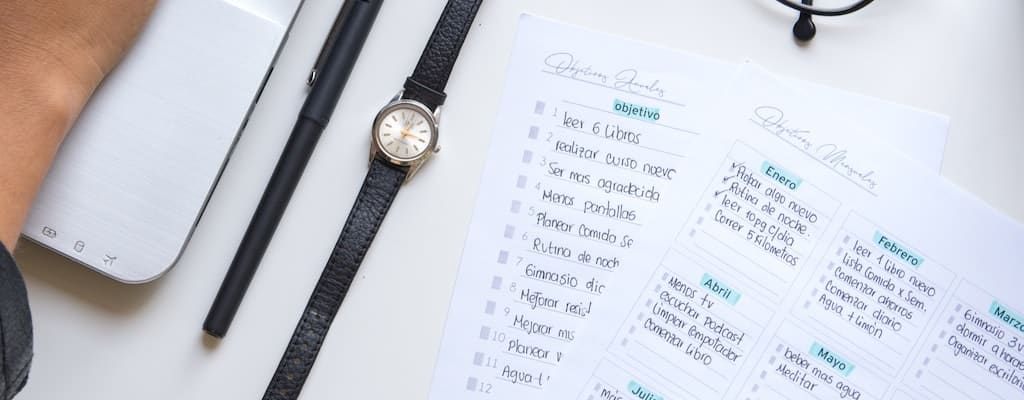turn up: Idiom Meaning and Origin
What does ‘turn up’ mean?
The idiom "turn up" means to arrive or appear unexpectedly, or to increase in volume or intensity. It can also refer to finding something that was previously lost or missing.

Idiom Explorer
The idiom "up the ante" means to increase the level of risk, effort, or demand in a situation, especially in a negotiation or a competitive activity.
"Up on one's ear" means to be shocked or surprised by something unexpected or unusual. It can also refer to being in a challenging or difficult situation. The idiom is often used to describe a sudden and drastic change in one's circumstances or emotions.
The idiom "up on" means to be knowledgeable or well-informed about a particular subject or topic.
The idiom "up front" means to be honest, transparent, or straightforward. It refers to someone who is open and clear about their intentions, actions, or expectations.
The idiom "up-and-coming" refers to someone or something that is aspiring to success or prominence. It describes individuals or things that are on their way up and have the potential to achieve great things in the future.
The idiom "turn of events" refers to an unexpected change or shift in a situation or sequence of events.
The idiom "turn into" means to undergo a transformation or change, typically resulting in becoming something else or adopting a different form or state.
The idiom "turn in" means to go to bed or to go to sleep.
The idiom "turn heads" means to attract attention or make people notice and look at someone or something because of their exceptional appearance or behavior.
Unraveling the Enigma of "Turn Up"
The idiom "turn up" is a commonly used phrase in American English. It has several different meanings and can be used in various contexts. The origins of this idiom are uncertain, but it has been in use for a long time.
One meaning of "turn up" is to appear or be found unexpectedly. This can refer to a person showing up without notice, like "John showed up at the party last night." It can also apply to objects or information that is discovered unexpectedly, such as "I found this old photo album while cleaning the attic. It just turned up out of nowhere." The related idiom "show up" carries a similar meaning, emphasizing the unexpectedness of someone's arrival or the appearance of something.
Another usage of "turn up" is to increase or raise the volume, intensity, or level of something. This can be applicable to sound, like "Can you turn up the music?" The related idiom "turn on" also implies increasing the volume or intensity of something, but it can also refer to switching something on or activating it, such as "Turn on the lights." In both cases, the idioms highlight the action of increasing or raising something.
The idiom "turn up" can also mean to be present or attend a social event or gathering. It implies showing up and taking part in a specific event or occasion. For example, "Are you going to turn up for the charity event tomorrow?" The related idiom "show up" conveys the same idea of being present and participating in an event or gathering.
Furthermore, "turn up" can be used in a figurative sense to express a particular outcome or result. It suggests a surprising or unexpected outcome, often in a negative sense. For instance, "His actions are going to turn up some undesirable consequences." The idioms "show up" and "turn on" do not have direct correlations to this figurative usage of "turn up."
It is worth mentioning that the idiom "turn up" is also utilized in the form of a noun, "turn-up," to describe a party, gathering, or event. This usage is mostly informal or colloquial.
The idiom "turn up" is a versatile phrase with multiple meanings. It can refer to something appearing unexpectedly, increasing the volume or intensity of something, being present or attending an event, or expressing a surprising outcome. The related idioms "show up" and "turn on" share some similarities in meaning but may not directly correlate to all the different uses of "turn up." The flexibility and frequent usage of "turn up" highlight its prominence in American English.
Example usage
Examples of how the idiom *turn up* can be used in a sentence:
1. She didn't expect him to turn up at the party, but there he was.
2. I misplaced my keys last night, but they turned up in my jacket pocket this morning.
3. The police were searching for the missing child all night, and fortunately, she turned up safe and sound.
More "verb" idioms



